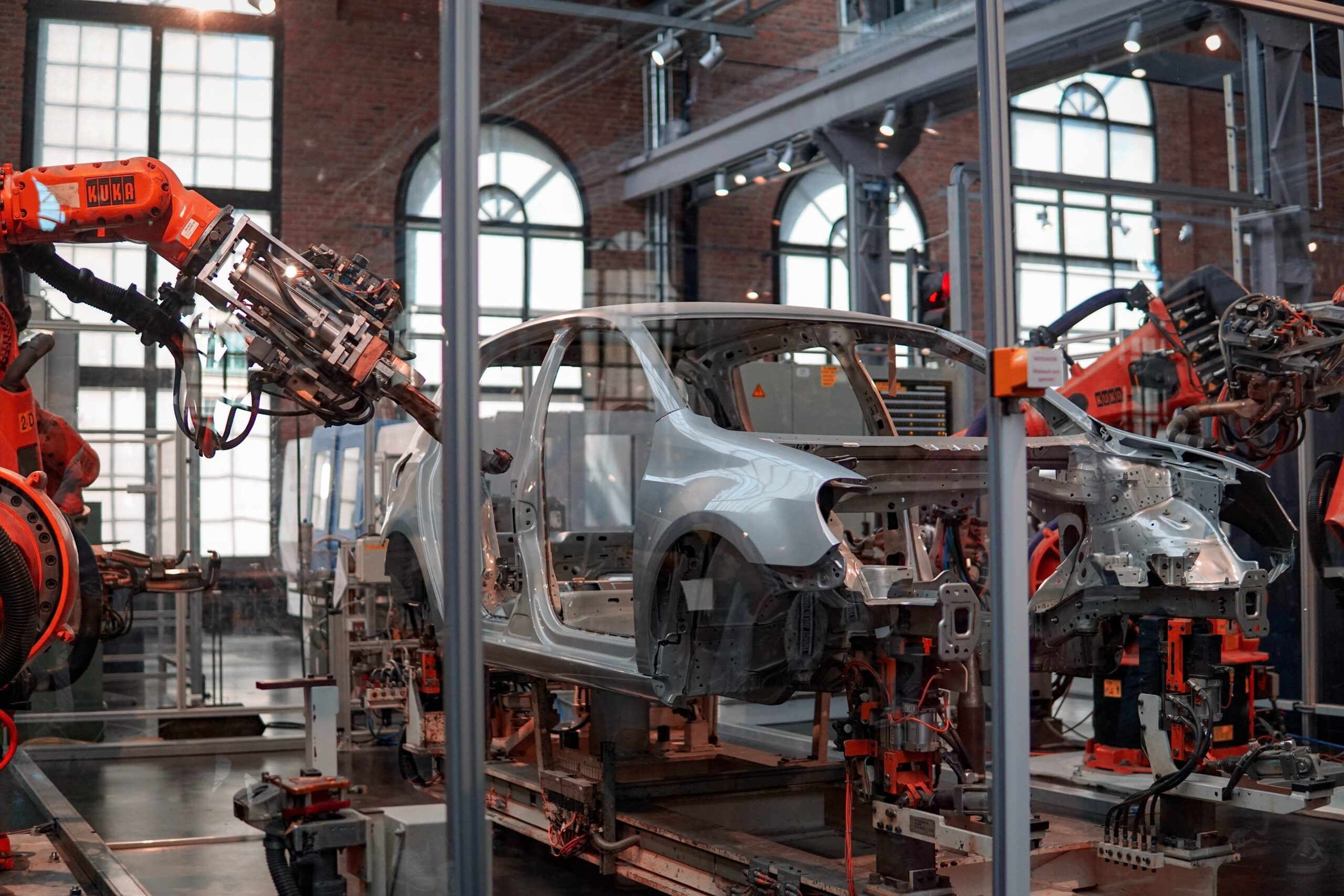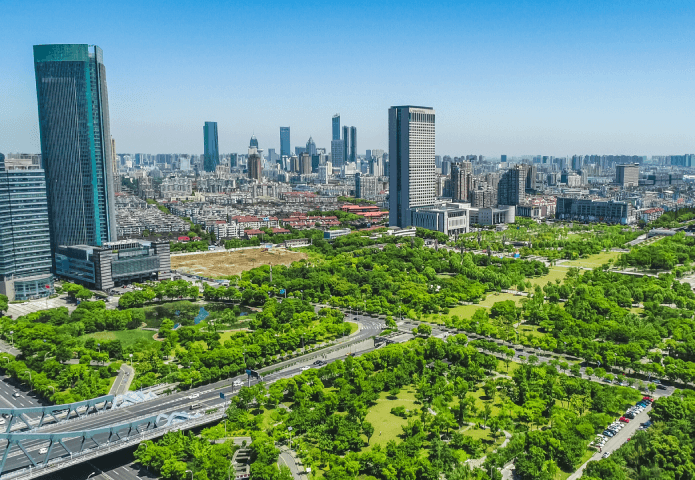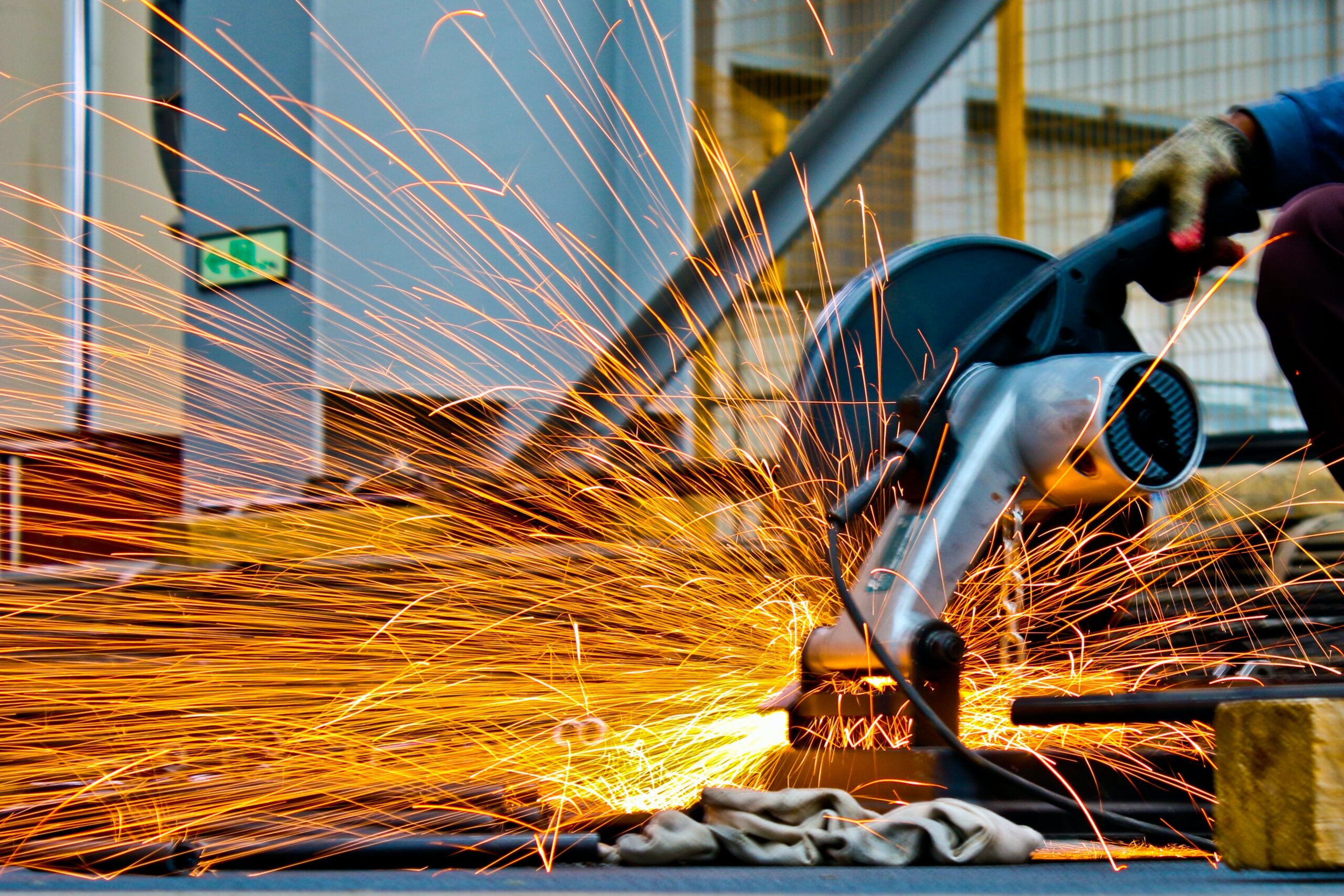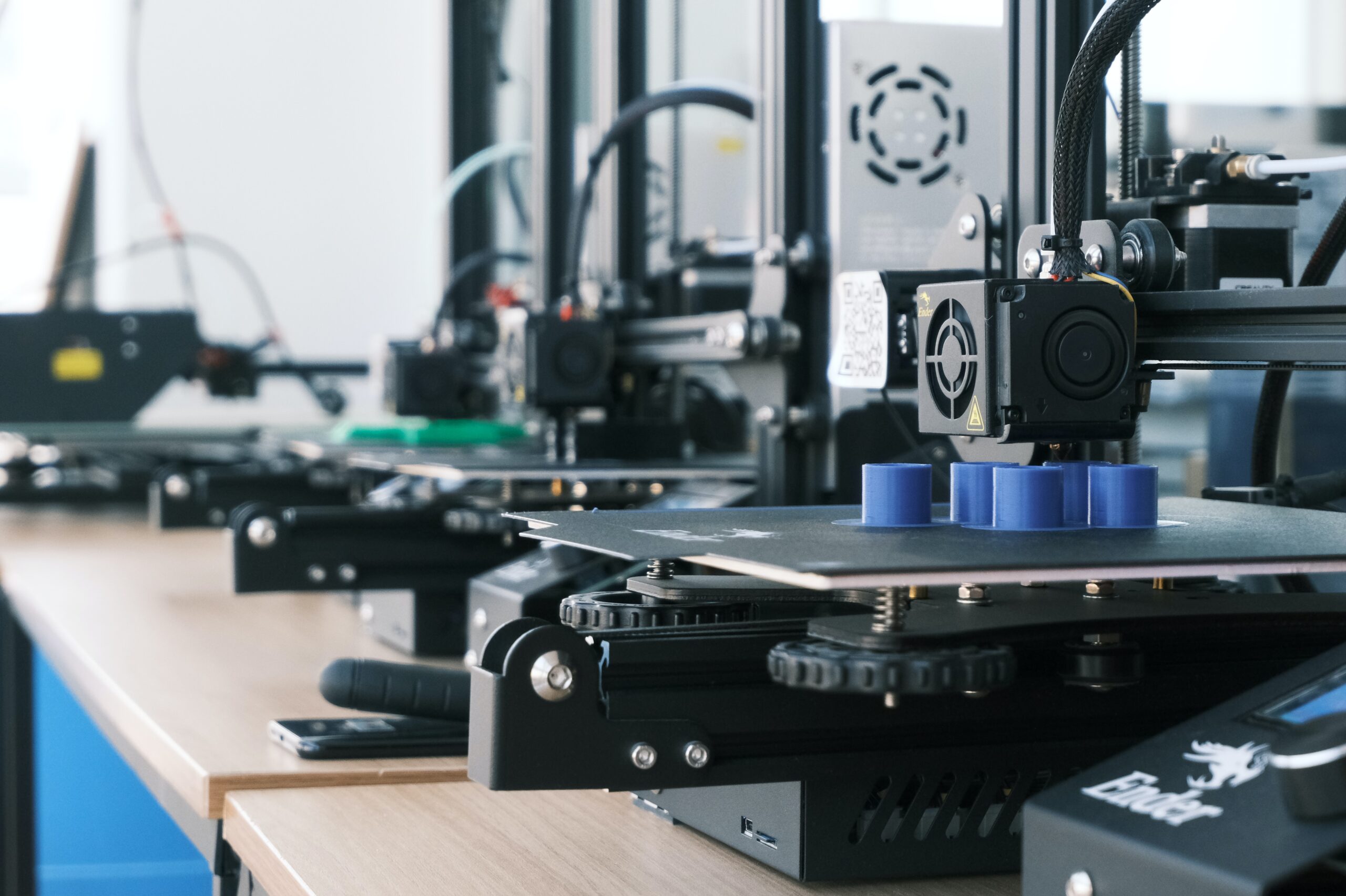Welcome to our journey through the fascinating world of the manufacturing industries! In this section, we’ll explore what the manufacturing industries is all about and why it’s so crucial to the global economy.
The Manufacturing Industries: Unveiling Its Essence
The manufacturing industries is the powerhouse of production, responsible for transforming raw materials into the everyday products we use. From the smartphone in your pocket to the car you drive and the clothes you wear, almost everything around you has gone through a manufacturing process.
Why Manufacturing Matters?
But why should you care about manufacturing? Well, here’s the deal: manufacturing is the backbone of the global economy. It creates jobs, drives innovation, and fuels economic growth. When manufacturing thrives, it has a ripple effect on various sectors, from transportation to technology.
Now, let’s move on to demystify the manufacturing process itself.
Demystifying the Manufacturing Process

Let’s kick things off by demystifying the manufacturing process. It all starts with meticulous planning and design, where companies strategize the production of their products. The raw material acquisition comes next, and we’ll give you tips on how manufacturers ensure a steady supply chain. Then, we’ll delve into the nitty-gritty of processing and production, sharing real-life examples to clarify it.
Step 1: Planning and Design
Imagine building a house. Before the first brick is laid, architects draw up plans. Similarly, in manufacturing, planning, and design are the blueprints for creating products. Companies decide what to make, how to make it, and what resources they need. This phase involves brainstorming, designing prototypes, and calculating costs.
Step 2: Raw Material Acquisition
You can’t bake a cake without ingredients, right? Likewise, manufacturers need raw materials to create products. Whether it’s steel for cars or fabric for clothes, acquiring the right materials is crucial. Companies often establish relationships with suppliers to ensure a steady flow of materials.
Step 3: Processing and Production
This is where the magic happens. Raw materials are transformed into finished products through various processes. For example, in the automotive industry, car parts are molded, welded, and assembled. In the food industry, ingredients are mixed and cooked.
Step 4: Assembly and Quality Control
Welcome to the heart of the manufacturing process – assembly and quality control. This is where all the carefully crafted components come together, and the final product takes shape. Simultaneously, stringent quality control measures are put in place to ensure that every product meets the highest standards.
Think of assembly as the puzzle’s final piece. Whether it’s assembling a car’s engine, stitching together the components of a smartphone, or piecing together a jigsaw puzzle, this step is where everything is meticulously put together. Skilled workers, often working alongside automation and robotics, play a crucial role in this phase.
Quality control is like the guardian of the manufacturing process. It involves rigorous testing and inspection to identify and rectify any defects or flaws. Manufacturers employ various techniques, from visual inspections to specialized equipment, to ensure that each product meets the specified quality criteria.
A World of Manufacturing Possibilities
In this section, we’ll take you on a whirlwind tour of the diverse types of manufacturing. From automotive giants to the fashion industry, there’s a lot to explore and appreciate!
1. Exploring Automotive Manufacturing: Building the Future on Wheels.
Automotive manufacturing is like a symphony of machines and human expertise, where thousands of parts come together to create the cars we rely on daily. From the precision of luxury car manufacturers to the efficiency of mass production, the automotive industry is a cornerstone of manufacturing. Example; Companies like Toyota have perfected the art of lean manufacturing, minimizing waste and maximizing efficiency.
2. Textile Manufacturing: Where Fashion Meets Innovation.
The clothes you wear are often the result of intricate textile manufacturing processes. Fabrics are woven, dyed, and stitched into fashionable attire. Sustainability is a growing trend in this industry, with a focus on eco-friendly materials and practices. For example; sustainable brands like Patagonia are leading the way in environmentally conscious textile manufacturing.
3. Electronics Manufacturing: Powering Our Digital Lives
Ever wonder how your smartphone came to be? Electronics manufacturing is responsible for producing the gadgets we can’t live without. It involves intricate circuitry, miniaturization, and cutting-edge technology. For example; companies like Apple are known for their attention to detail in electronics manufacturing.
4. Food and Beverage Manufacturing: From Farm to Table
This industry is all about turning raw ingredients into the food and drinks we enjoy. From packaging to processing, food and beverage manufacturing ensures the products you consume are safe and delicious. For example; Coca-Cola’s bottling plants worldwide demonstrate the scale of food and beverage manufacturing.
5. Pharmaceutical Manufacturing: Healing the World
The pharmaceutical industry is at the forefront of healthcare. It involves the production of medications, vaccines, and medical devices that improve and save lives. For example; Pfizer, for instance, played a significant role in manufacturing COVID-19 vaccines.
The Ongoing Evolution

Now that we’ve explored the fascinating world of manufacturing types, let’s dive into why this industry is continually evolving to meet the needs of a changing world.
Manufacturing’s Role in a Dynamic Global Economy
Manufacturing doesn’t exist in a vacuum; it’s deeply intertwined with the global economy. It responds to market demands, economic fluctuations, and technological advancements.
Adapting to Technological Advancements
Speaking of technology, the manufacturing industry has always been at the forefront of innovation. Automation, artificial intelligence, and the Internet of Things (IoT) are transforming the way products are made. For example; Tesla’s use of robotics and AI in electric vehicle production showcases manufacturing’s tech-driven future.
Meeting Changing Consumer Demands
Consumer preferences change rapidly, and manufacturing adapts accordingly. Trends like sustainable and eco-friendly products are reshaping how goods are produced. For example; companies like Tesla and Beyond Meat have responded to the demand for environmentally friendly alternatives.
In conclusion, our journey through the manufacturing industry has revealed its dynamic nature and its pivotal role in shaping our world. We’ve demystified the intricate manufacturing process, explored diverse sectors like automotive, textiles, electronics, food and beverage, and pharmaceuticals, and witnessed the industry’s constant evolution. As a reader, you’ve gained a deeper understanding of how products come to life, from planning to quality control, and how manufacturing adapts to technological advancements and changing consumer preferences. This knowledge empowers you to appreciate the significance of manufacturing in our daily lives and comprehend its impact on the global economy, making you more informed and aware consumers.
Suryacipta: Your Gateway to Thriving Manufacturing

Now, let’s explore how Suryacipta, a leading developer and management of industrial estates in Indonesia, aligns with the dynamic world of manufacturing. Just as the manufacturing industry evolves to meet the demands of the global economy, Suryacipta offers state-of-the-art industrial zones designed to support diverse manufacturing needs. Notably, Suryacipta oversees two key projects: Suryacipta City of Industry and Subang Smartpolitan. From automotive production to electronics assembly, Suryacipta provides the ideal environment for businesses looking to thrive in the heart of Indonesia’s industrial landscape. Discover how Suryacipta’s strategic locations and world-class infrastructure can elevate your manufacturing endeavors, ensuring growth and success in this dynamic industry.
Why Should You Start a Manufacturing Business in Indonesia
FAQ
What is the manufacturing industry?
The manufacturing industry is responsible for transforming raw materials into finished products through various processes such as planning, production, assembly, and quality control. It covers a wide range of sectors, from automotive to electronics, and plays a vital role in the global economy.
What are the key components of the manufacturing process?
The key components of the manufacturing process include planning and design, raw material acquisition, processing and production, assembly, and quality control. These stages ensure that raw materials are efficiently transformed into high-quality finished products.
How does technology impact the manufacturing industry?
Technology has a significant impact on manufacturing, leading to automation, artificial intelligence, and the Internet of Things (IoT). These innovations improve efficiency, reduce costs, and enhance product quality.
What are some examples of manufacturing industries?
Manufacturing industries encompass a wide range of sectors, including automotive, textiles, electronics, food and beverage, and pharmaceuticals. Each sector specializes in producing specific types of products for consumers.
Why is the manufacturing industry important for the global economy?
The manufacturing industry is crucial for the global economy as it creates jobs, drives innovation, and contributes significantly to a country’s GDP. It also supports other sectors, such as logistics and technology, making it an essential driver of economic growth and development.


